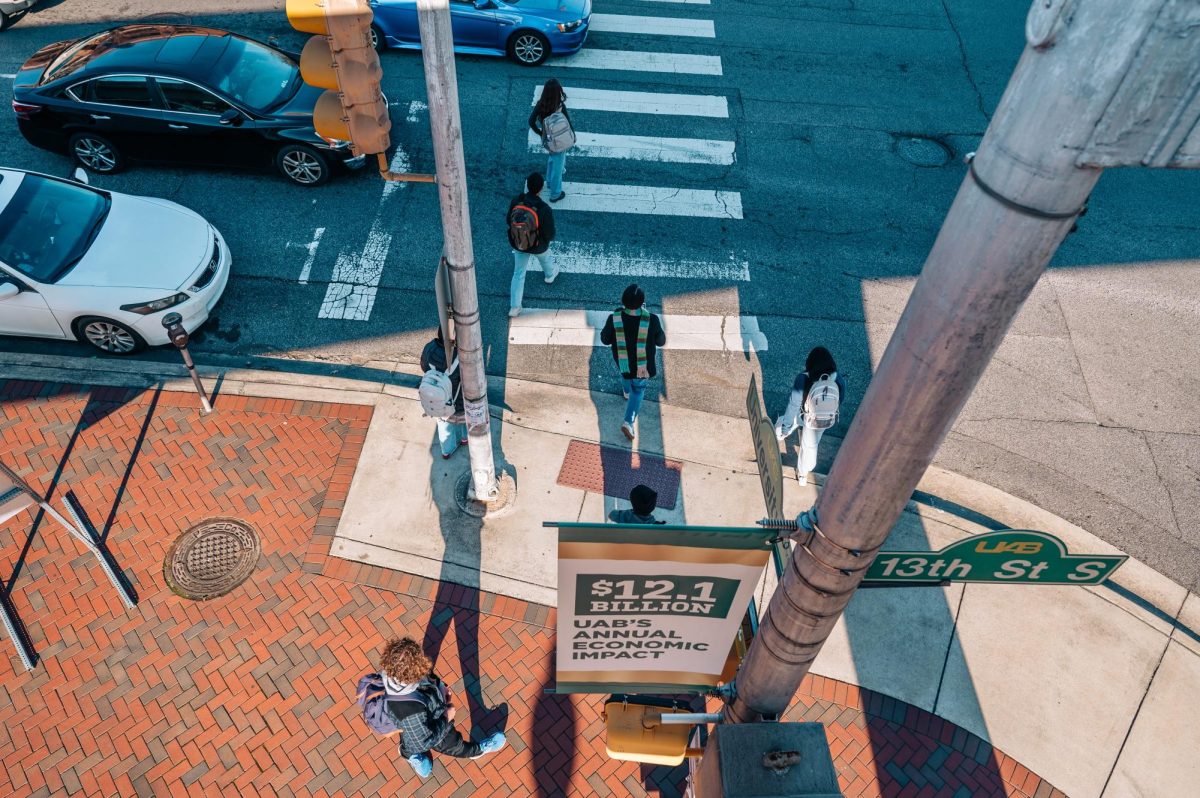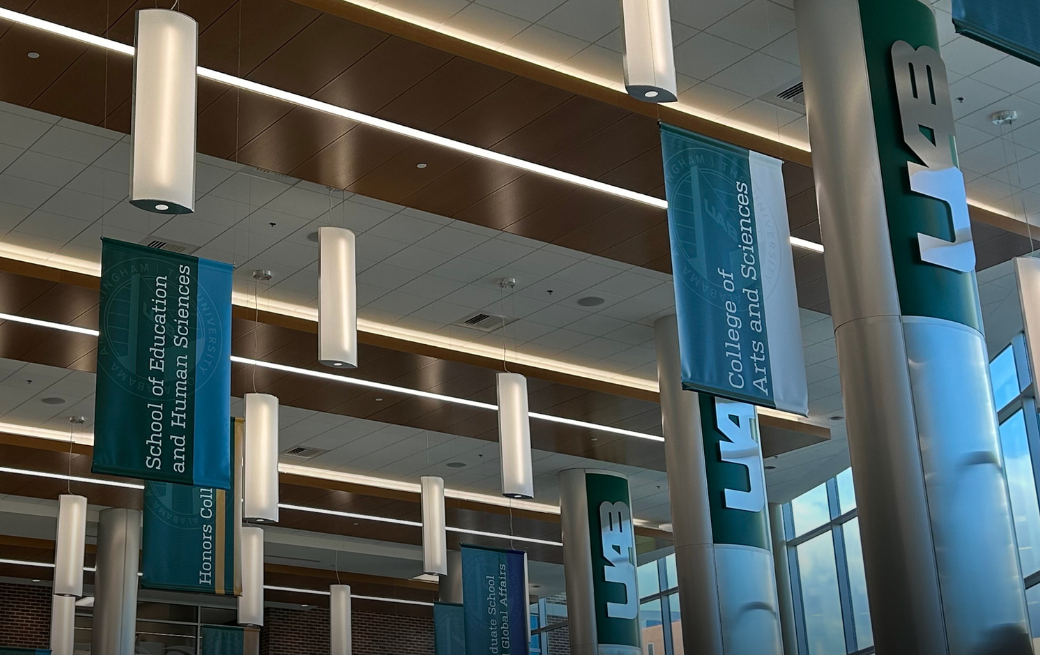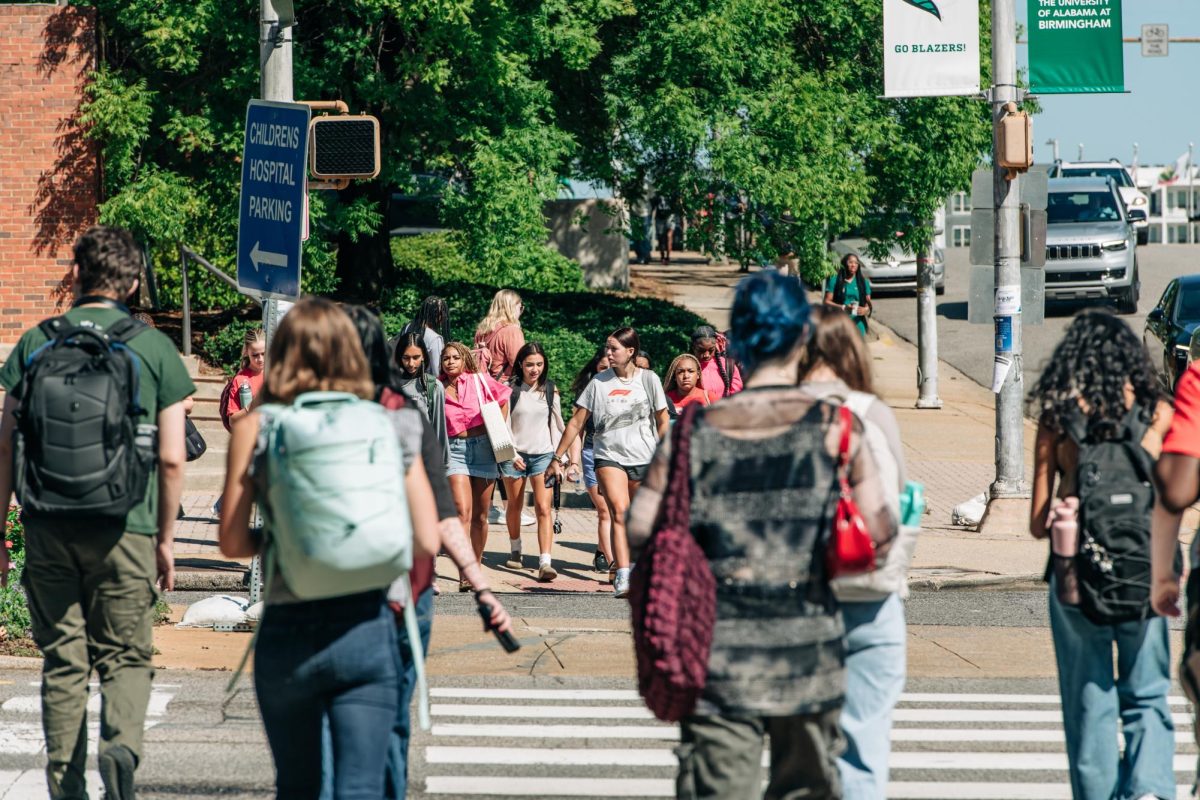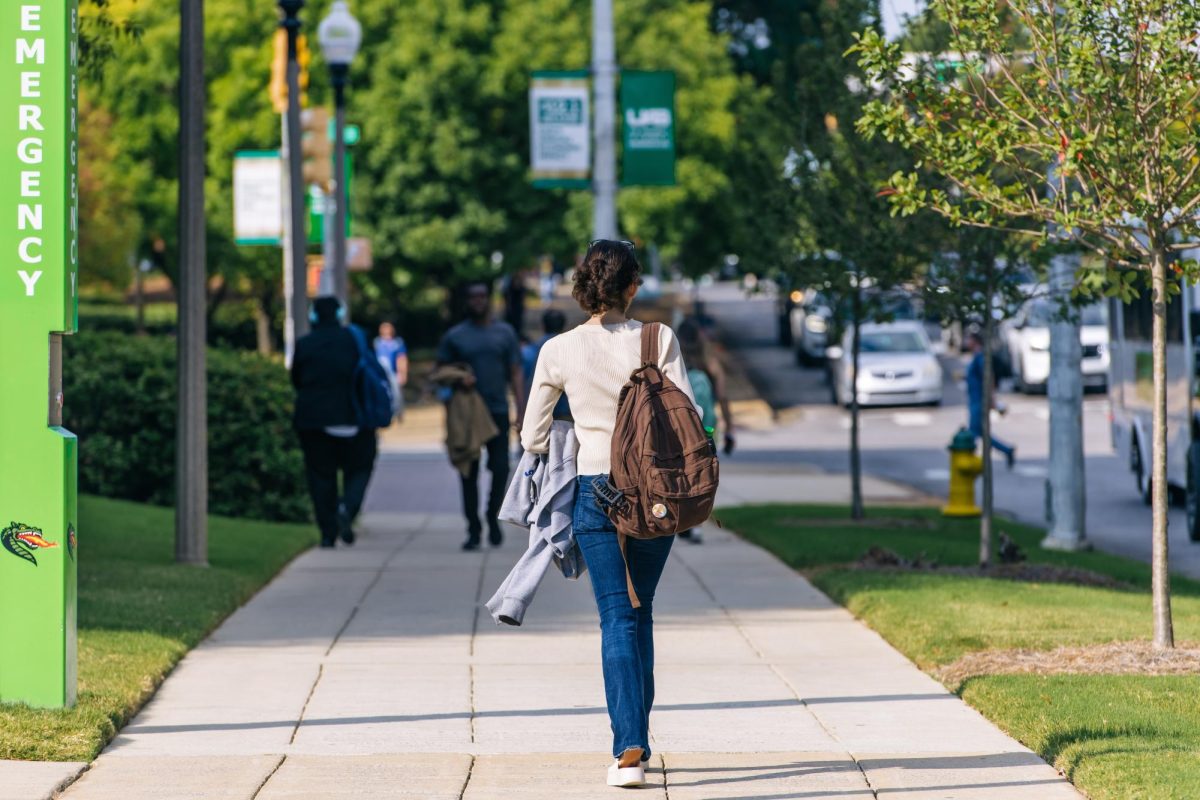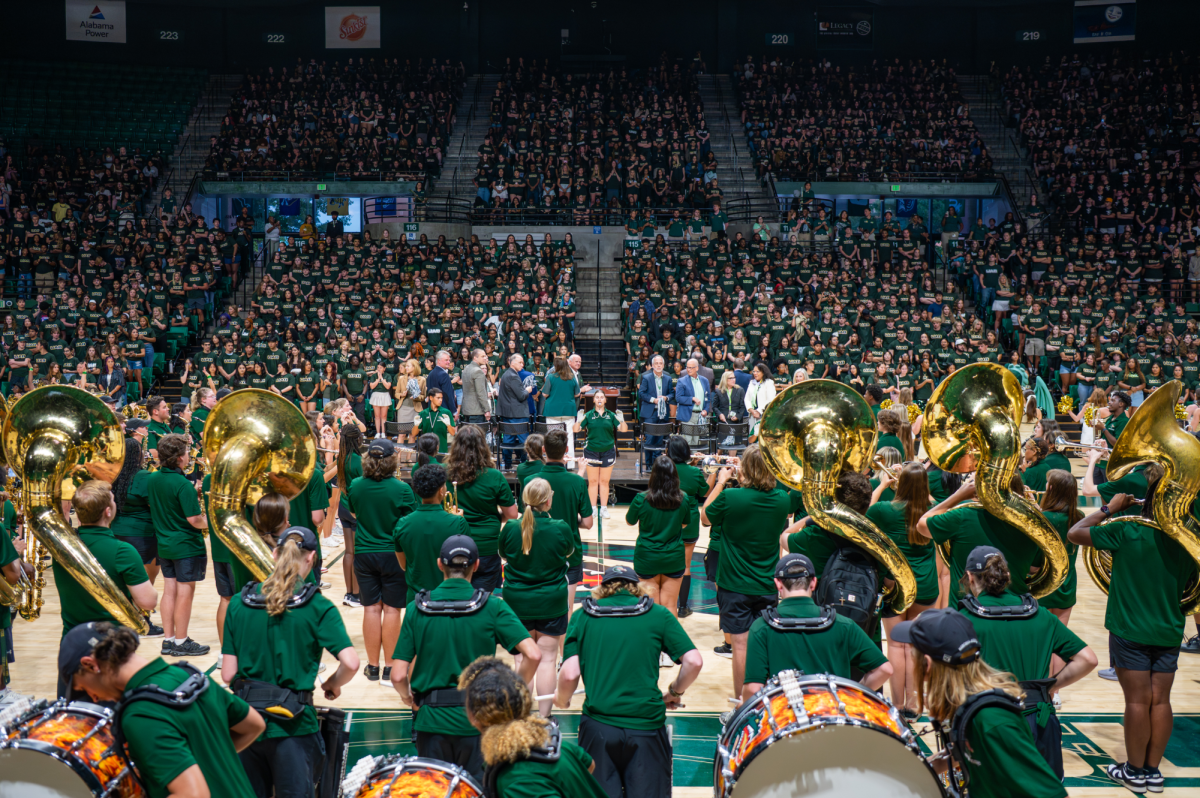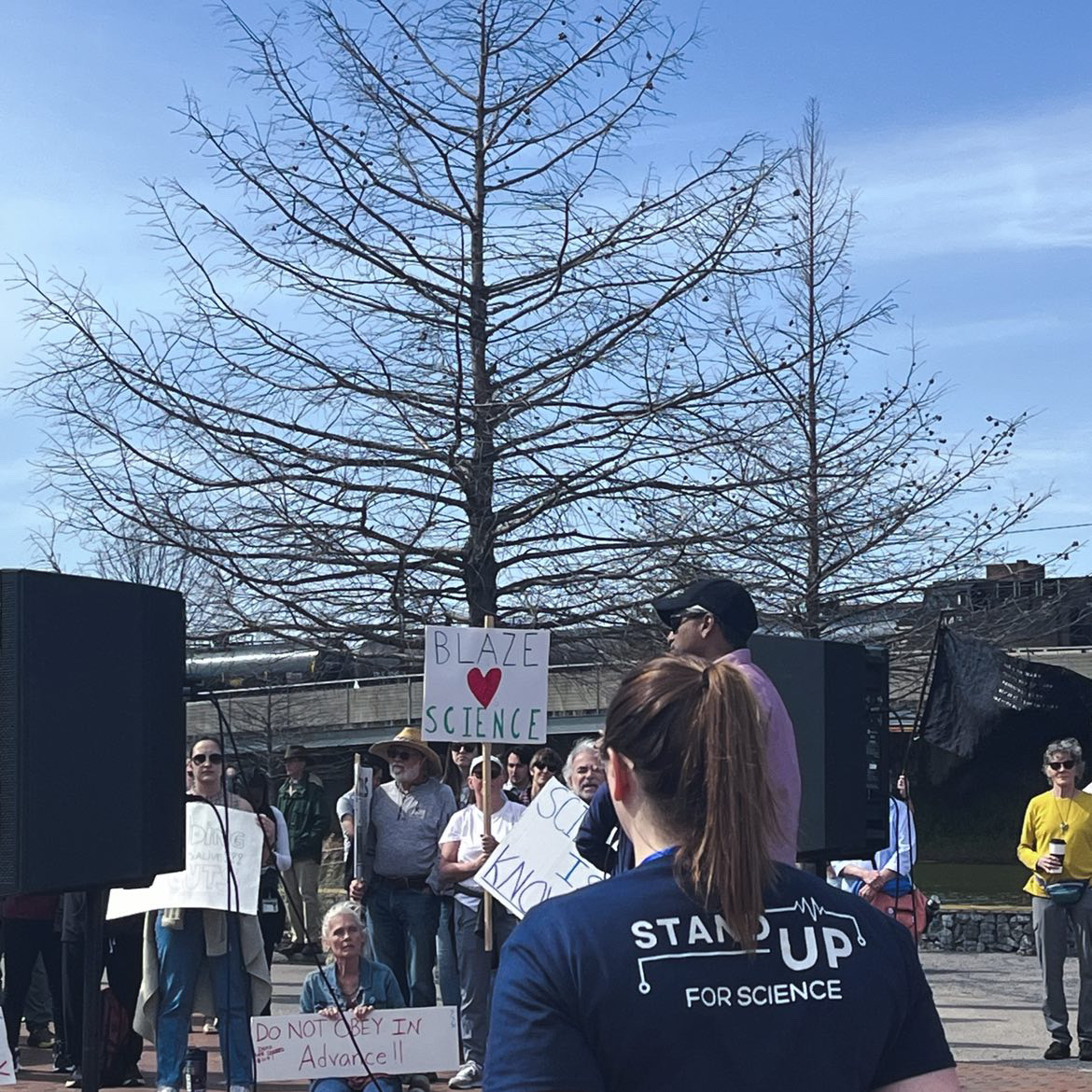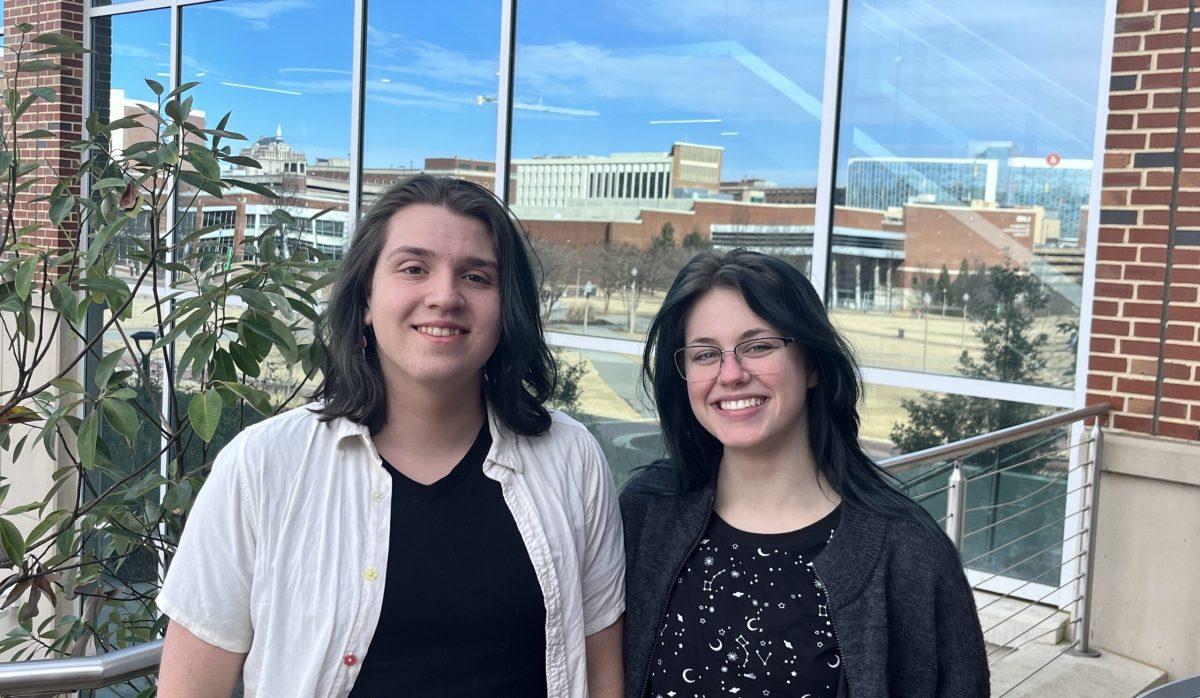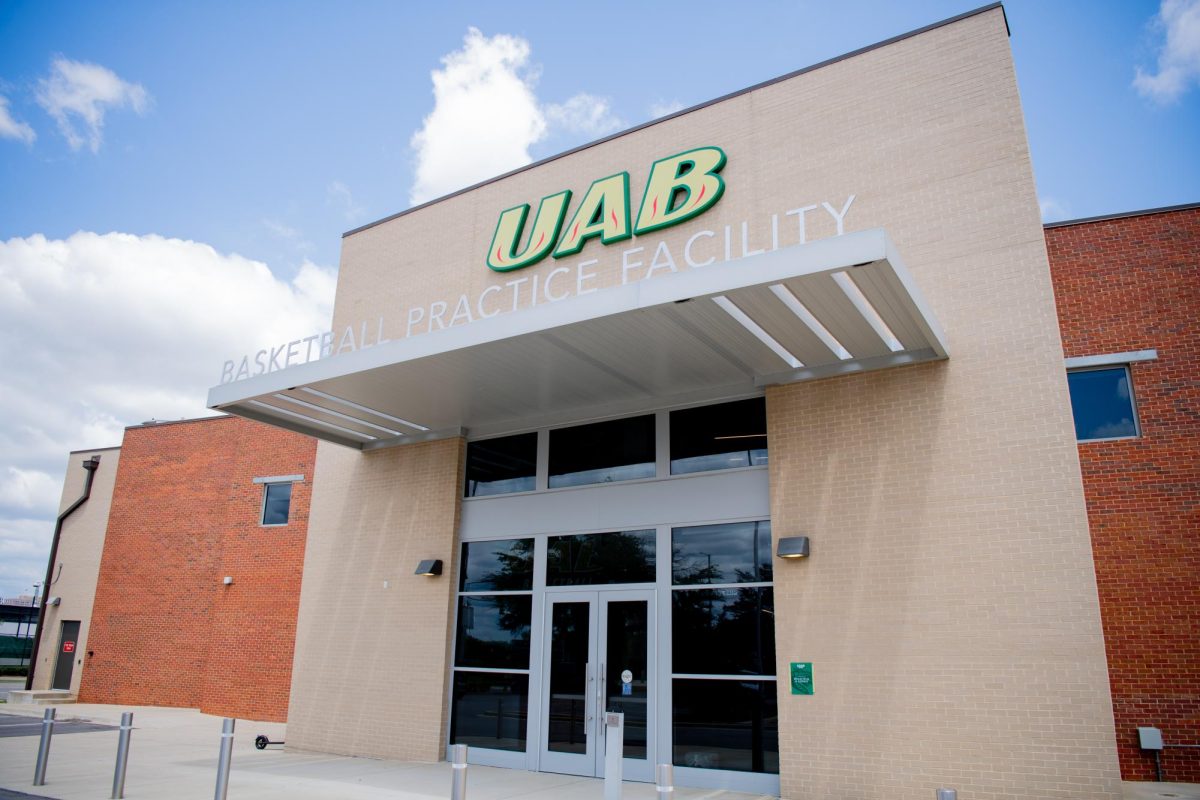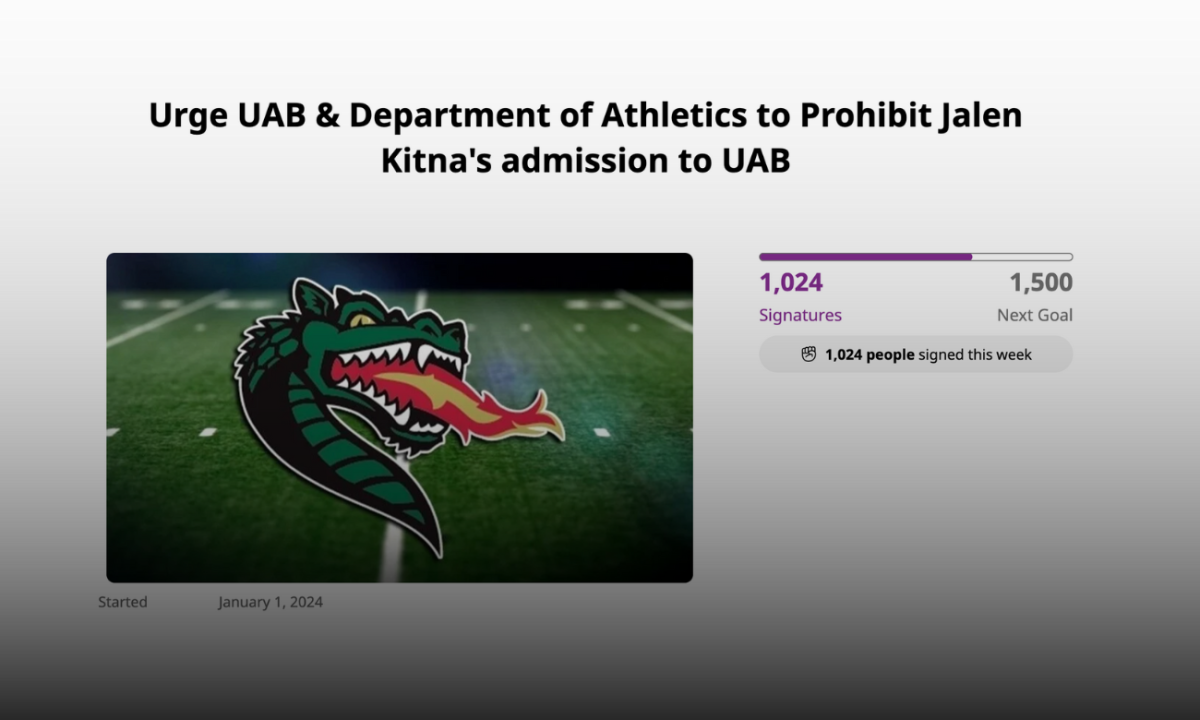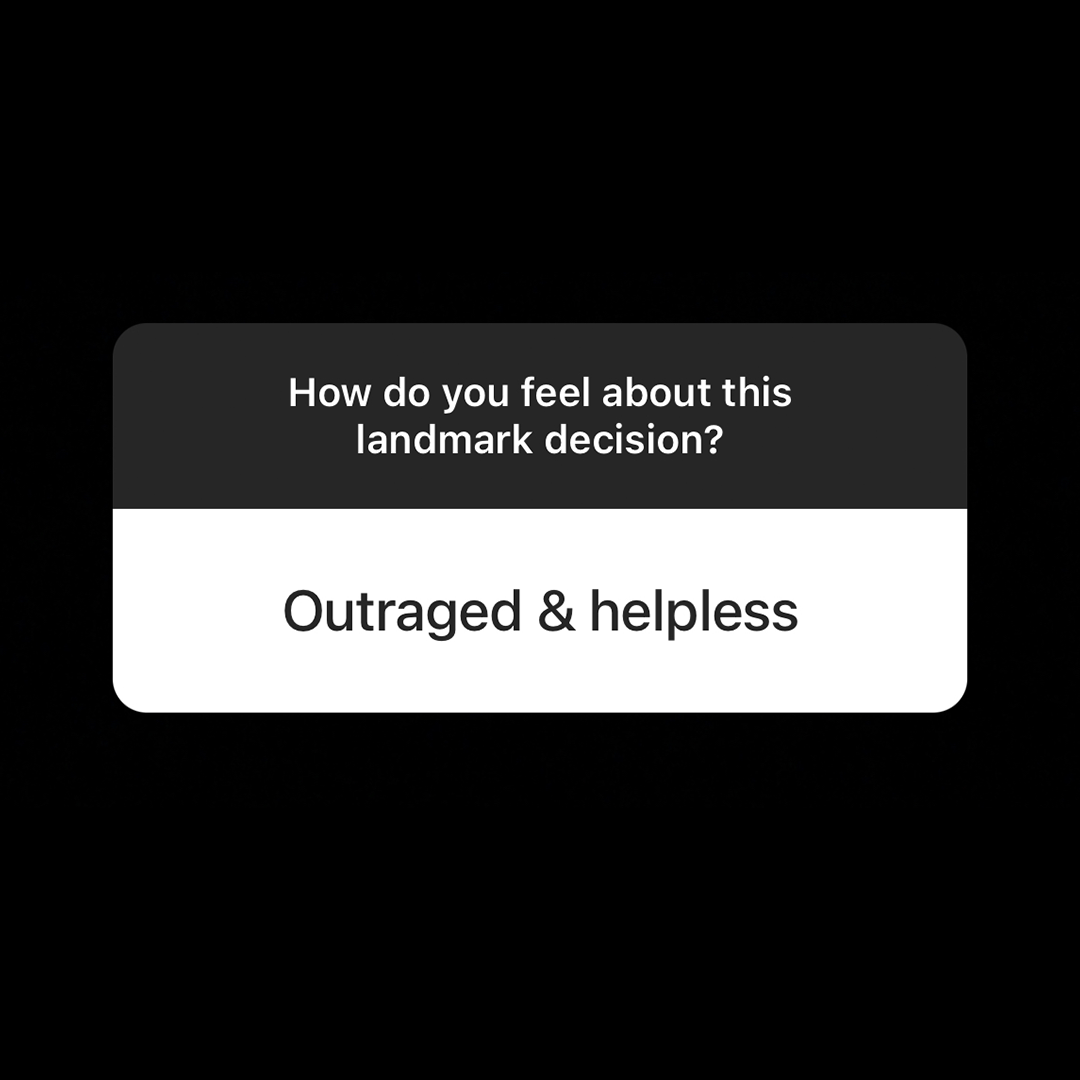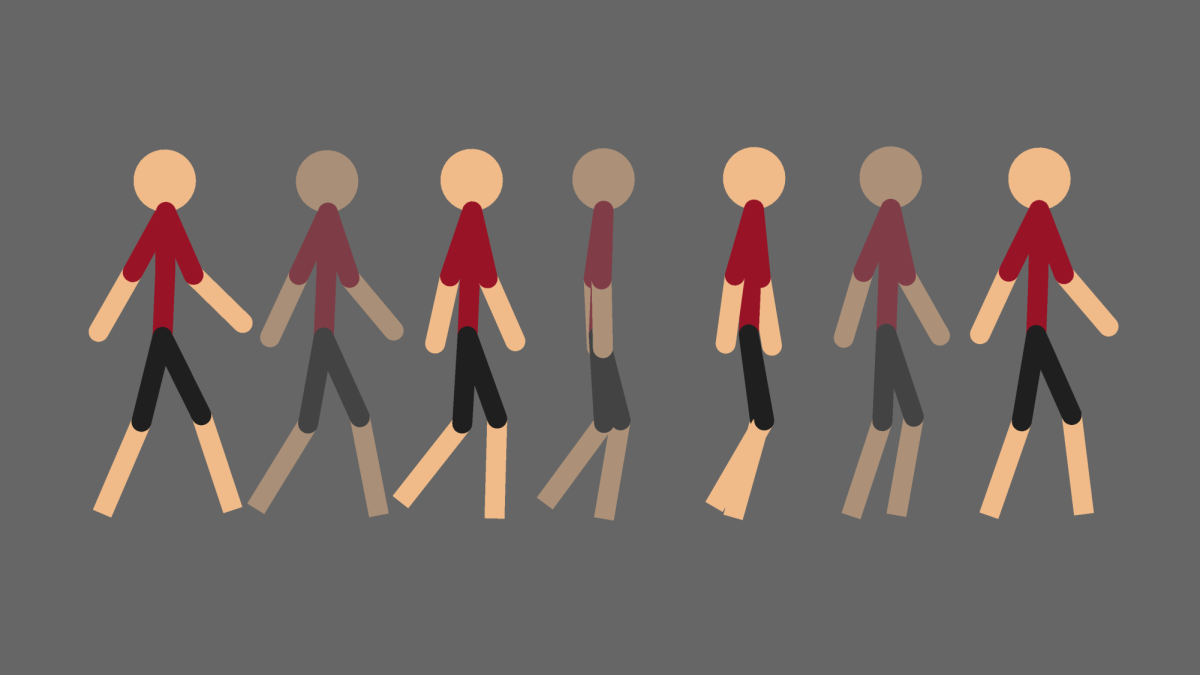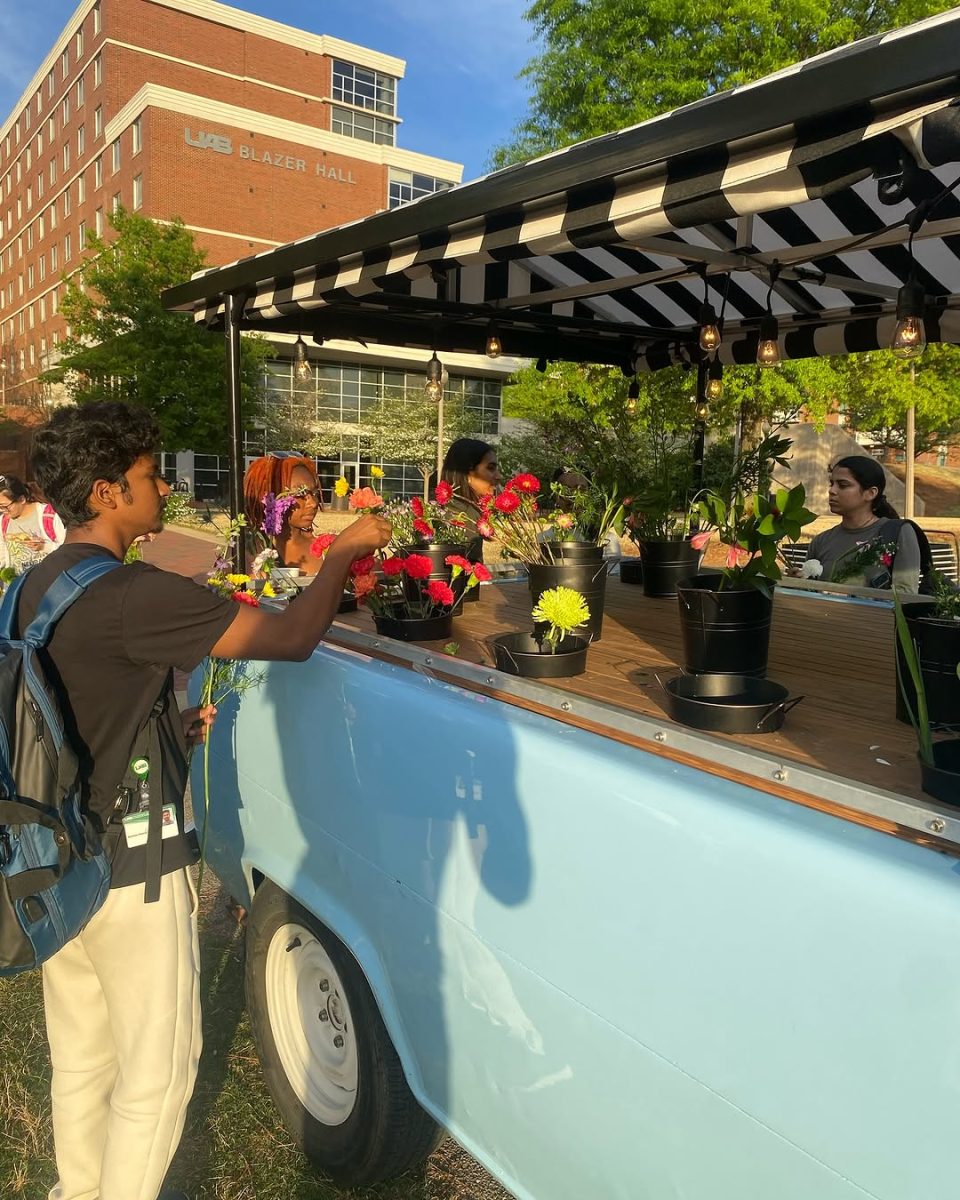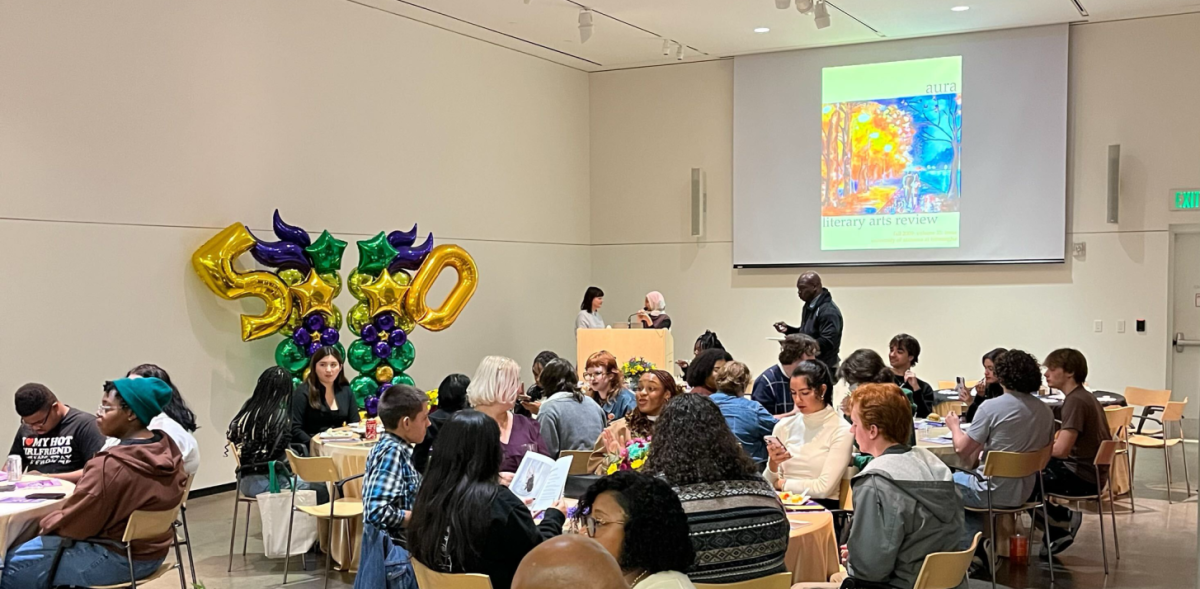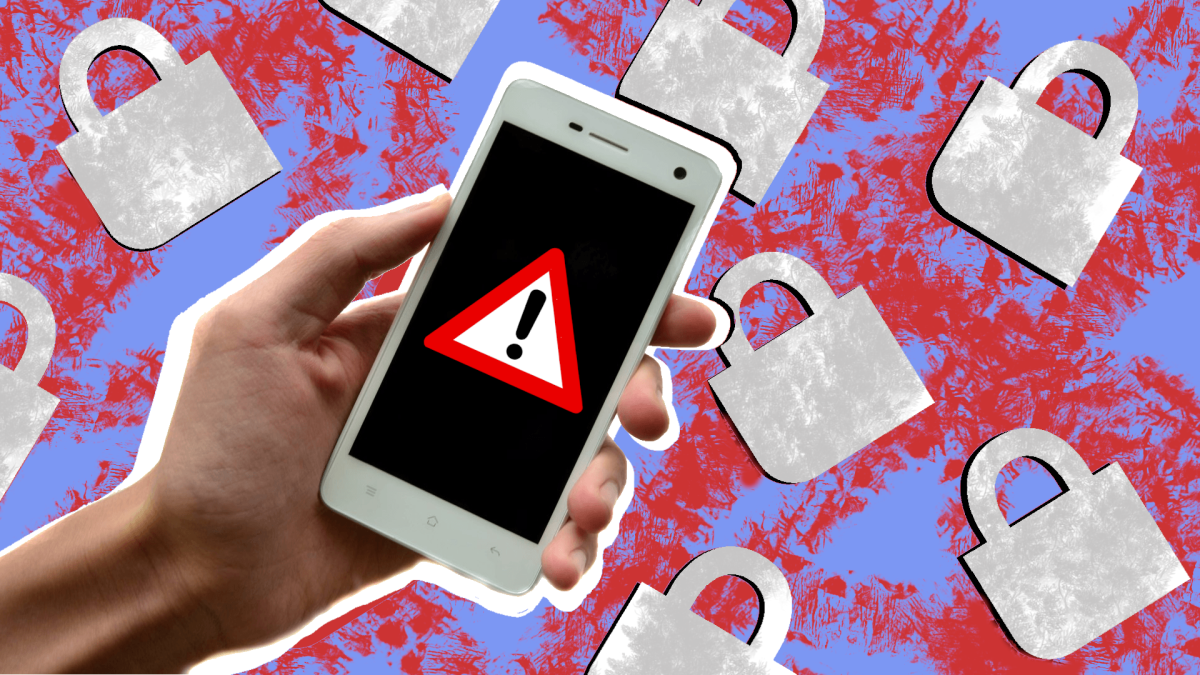Every day, students use the internet for anything from homework to social media, and they aren’t always mindful of how their data could be in danger.
Curt Carver, vice president and chief information officer of information technology at UAB, said there are several ways that students can ensure their data is secure with apps and software offered by the university.
“The university offers several that are free. Keeper, which is a password management software, I would definitely recommend because it allows you to keep track of and generate passwords,” Carver said. “The second one is an endpoint protection software, SentinelOne. Even if you’re playing games, don’t turn that off. Leave it on. It does a great job at protecting us from a large number of different attacks.”
The best part of these apps is that they are all free for students to use.
Carver said that two-factor authentication was vital not only to protect your information at UAB, but on any site or app where your information may be located. Students may be familiar with this in the form of the Duo Mobile app, which they use every time they log in with their BlazerID.
“And the reason why is that it really works; it really does shut down people taking over your account by guessing your username or password or you inadvertently giving it away,” Carver said. “It allows you to retain that account, so gaming sites are using it, banks are using it, insurance companies are using it. It’s fairly widespread and very difficult to defeat.”
Many students think cybersecurity is unimportant because their data isn’t special. According to Carver, this isn’t the case.
“People believe that they’re not interesting enough to be attacked or that their data is not of value, and it’s simply not true. Everyone plays a very important role in this,” he said. “One of the reasons that all of our students at UAB are here is to continue to develop their ability to critically think and to analyze the situation and to determine what’s normal and what’s not normal and to then respond effectively to it.”
According to Carver, UAB does quite a lot to protect student information, particularly behind the scenes.
“We tend to encrypt data when it’s at rest, and we also encrypt data as it moves across the network,” Carver said. “We run the fastest network in the state at any research university — at any university in the state — and we try to take a very multifaceted approach to meet all of these types of attacks.”
There have actually been a few attacks over the last few years, one of the biggest being over the Martin Luther King Jr. Day weekend in January of this year. The attack failed, but this was just one of the numerous times that the cybersecurity systems protected student information from an attack.
“We’re attacked every day. In fact, we are actually attacked every second of every day,” he said. “Probably between 10-15 attacks that hit from around the world, and the number one thing is clicking phishing messages. It is the dominant attack vector out there, and it is the one that is the most exploited.”
Phishing has become such an issue that UAB had to implement a system so effective that it can delete phishing messages from over 25,000 inboxes in the span of four minutes. The only thing that students would have to do is report it, which can be done in the Outlook menu.
Students can find more information from UAB about how to keep their data secure here.

